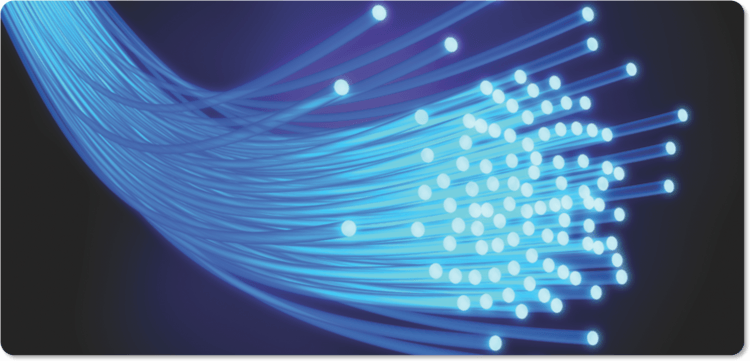High-speed Internet - I'm talking data links between continents - is already blazing fast compared to what most people are used to but researchers have found a way to make it even faster by improving the overall reliability of the signal.
The problem with traditional fiber optic lines is that they have to transfer data over a very long distance. Doing so means you'll need a lot of power to help push the data along but in the process, interference (or noise) is added into the equation.
A common method of handling the interference is by inverting the noise to its phase conjugate. The entire process is most easily understood in relation to how noise-cancelling headphones work. These headphones are able to listen to the surrounding environment and create an inverse signal to help prevent the noise from being heard by the wearer.
It seems easy enough but implementing it into a network scenario is tough considering the infrastructure of the Internet. Such methods have been proposed but they are ultimately impractical and too expensive to deploy.
A researcher by the name of Xiang Liu and his associates discovered a method to make noise filtering easy. By sending the original data as well as the phase conjugate at the same time, interference in one wave is mirrored by the other and both are canceled out. Ultimately what this means is faster connections and better reliability.
To demonstrate this, the team recently sent data nearly 8,000 miles at speeds of 400Gbps with few errors. Less errors means more data can be sent as the originals wouldn't have to be resent as often.
